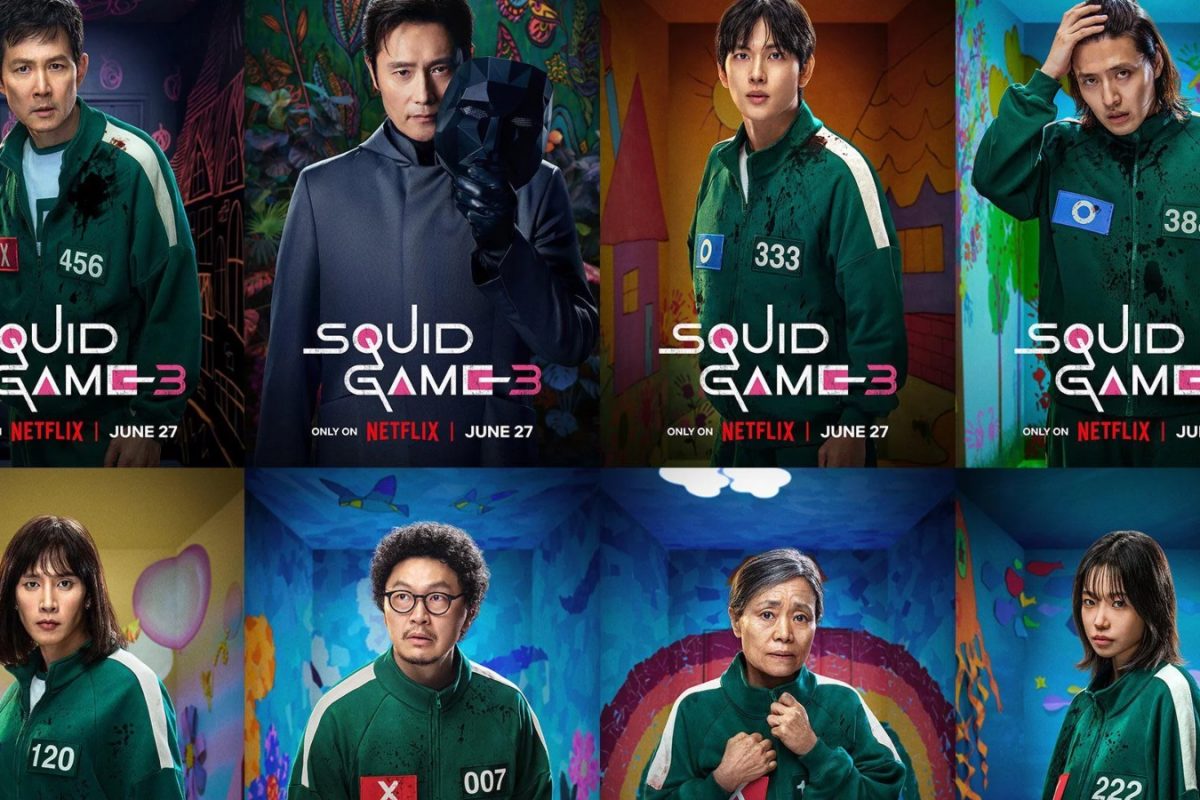

The final season of Squid Game has arrived on Netflix, and it's a complex and divisive conclusion to the global phenomenon. While it retains the brutal suspense and cinematic polish that made the first season a hit, Season 3 struggles to recapture the magic, losing more than it wins in its attempt to deliver a satisfying farewell.
The season picks up where Season 2 left off, with Gi-hun (Lee Jung-jae) deeply entrenched in his mission to dismantle the games from within. He is now Player 456, a reluctant participant once again forced to navigate the deadly trials. This time, the stakes are even higher, with new games that push the boundaries of cruelty and test the players' moral limits in increasingly disturbing ways.
One of the strengths of Squid Game has always been its ability to blend thrilling suspense with potent social commentary. Season 3 attempts to amplify this, driving home the cruelties of a capitalist hellscape with the same cinematic flare that made the show a hit. The long-lasting ripple effects of the games are explored in novel ways, highlighting the cyclical nature of trauma and the seemingly inescapable grip of the system. However, some of the season's twists feel clumsily executed, undermining the impact of its message.
A significant point of contention is the expanded role of the wealthy VIPs. While their presence was a chilling backdrop in the first season, Season 3 brings them to the forefront, showcasing their depravity in excruciating detail. Unfortunately, their cartoonishly villainous portrayals and cringe-inducing dialogue clash with the sincerity of the main narrative, adding unnecessary noise to an already complex story. The VIPs' overt gleefulness doesn't meaningfully enhance the brutality; instead, it often feels like filler, slowing down the pace and detracting from the emotional core of the show.
Despite its flaws, Squid Game Season 3 delivers moments of genuine brilliance. The new games are creatively designed and visually stunning, offering a fresh dose of suspense and horror. One particular round, reminiscent of the marbles game from Season 1, stands out as a highlight, showcasing the show's ability to create emotionally resonant character moments amidst the chaos. Lee Jung-jae delivers a compelling performance as Gi-hun, portraying his internal struggles with guilt and rage in a way that feels both relatable and heartbreaking. He convincingly depicts a once-fiery crusader grappling with his failed mission, capturing the complexities of a person battling overwhelming forces and, at times, losing.
The season culminates in an intense faceoff between Gi-hun and Myung-gi (Yim Si-wan), the morally ambiguous crypto bro who is revealed to be the father of Jun-hee’s baby. While the lack of surprise diminishes the impact, the final battle is breathtakingly executed, with haunting cinematography that underscores the level of craft that went into Squid Game. However, the ending itself is likely to be divisive. The show doesn't take the easy way out, opting for a bleak and brutal conclusion that leaves many questions unanswered. While this may be admirable in its refusal to offer a clean, happy resolution, it also leaves a sense of dissatisfaction, as if the series has lost its way in its final act.
Ultimately, Squid Game Season 3 is a flawed but fitting conclusion to a cultural phenomenon. It grapples with complex themes and delivers moments of genuine suspense and emotional depth, but it also stumbles with unnecessary subplots and uneven character development. While it may not reach the heights of the first season, it offers a memorable, if somewhat disappointing, farewell to the world of Squid Game.